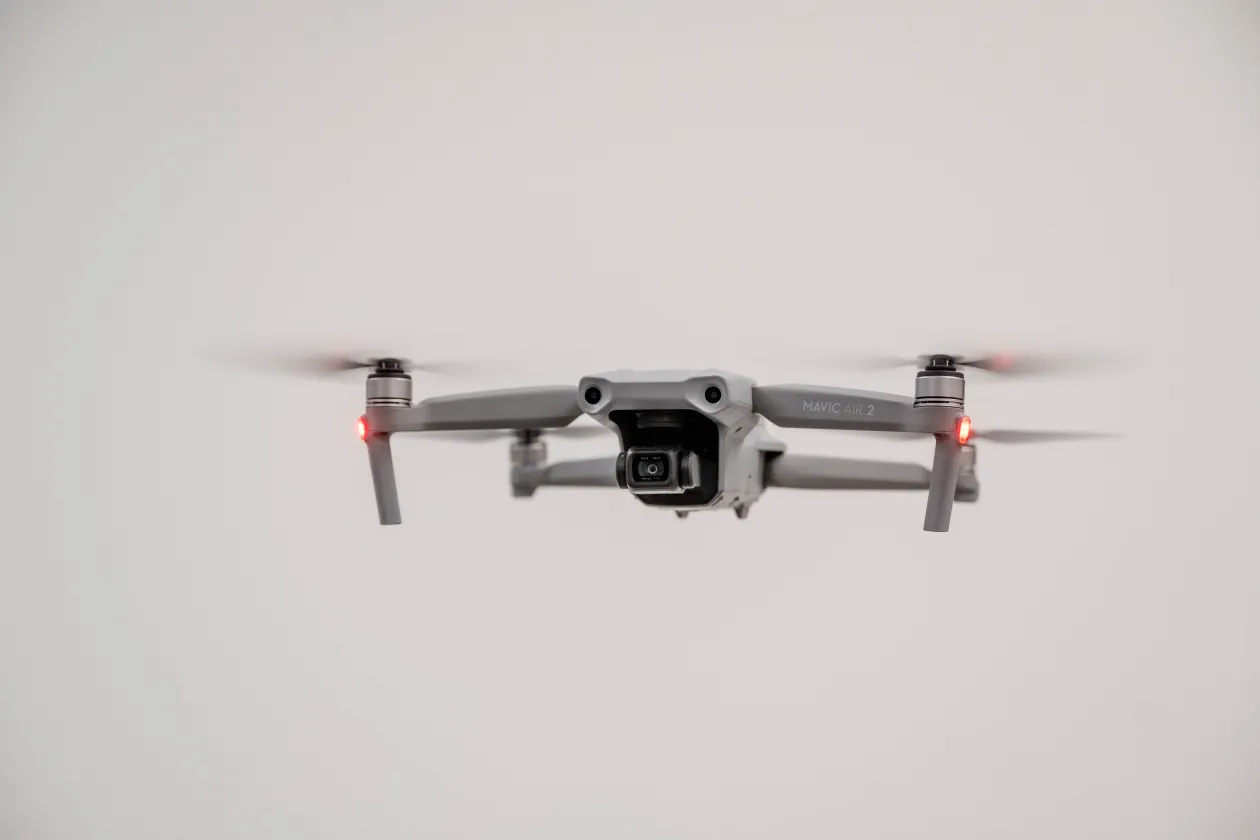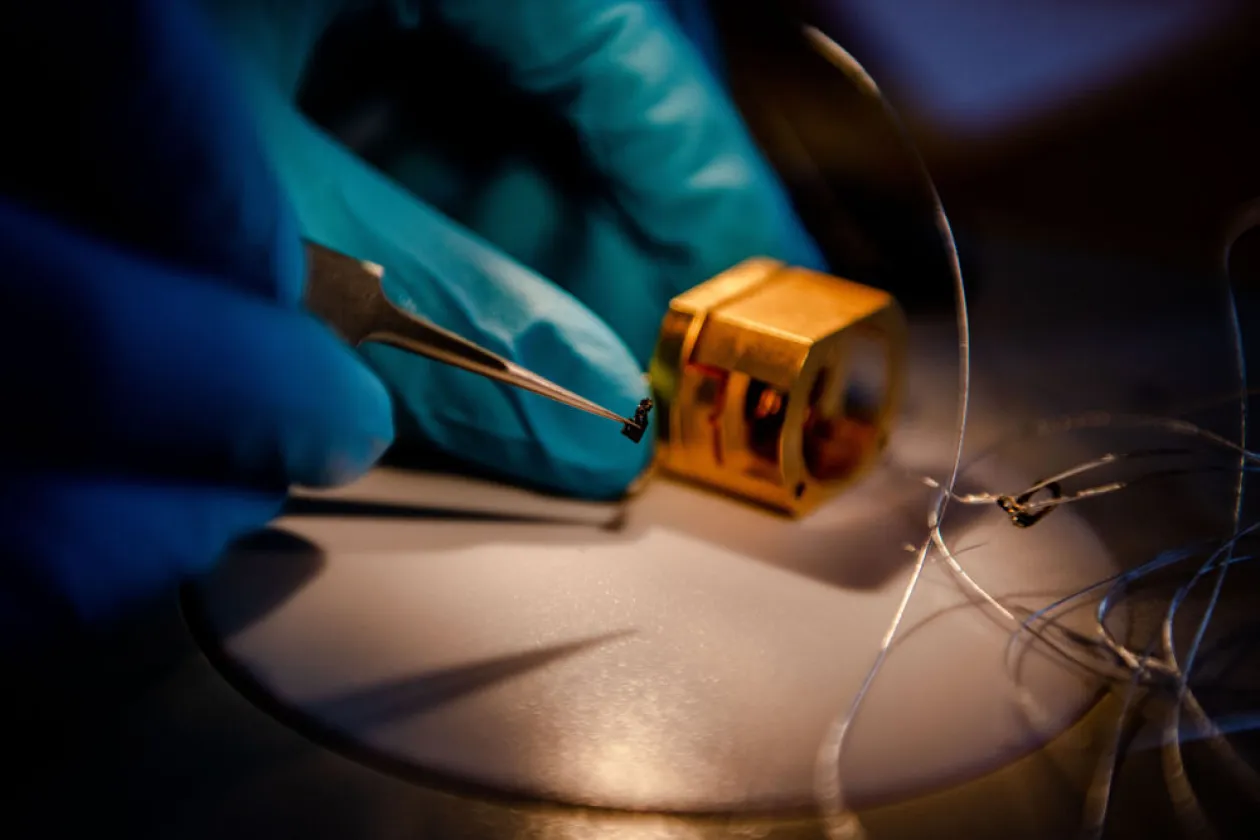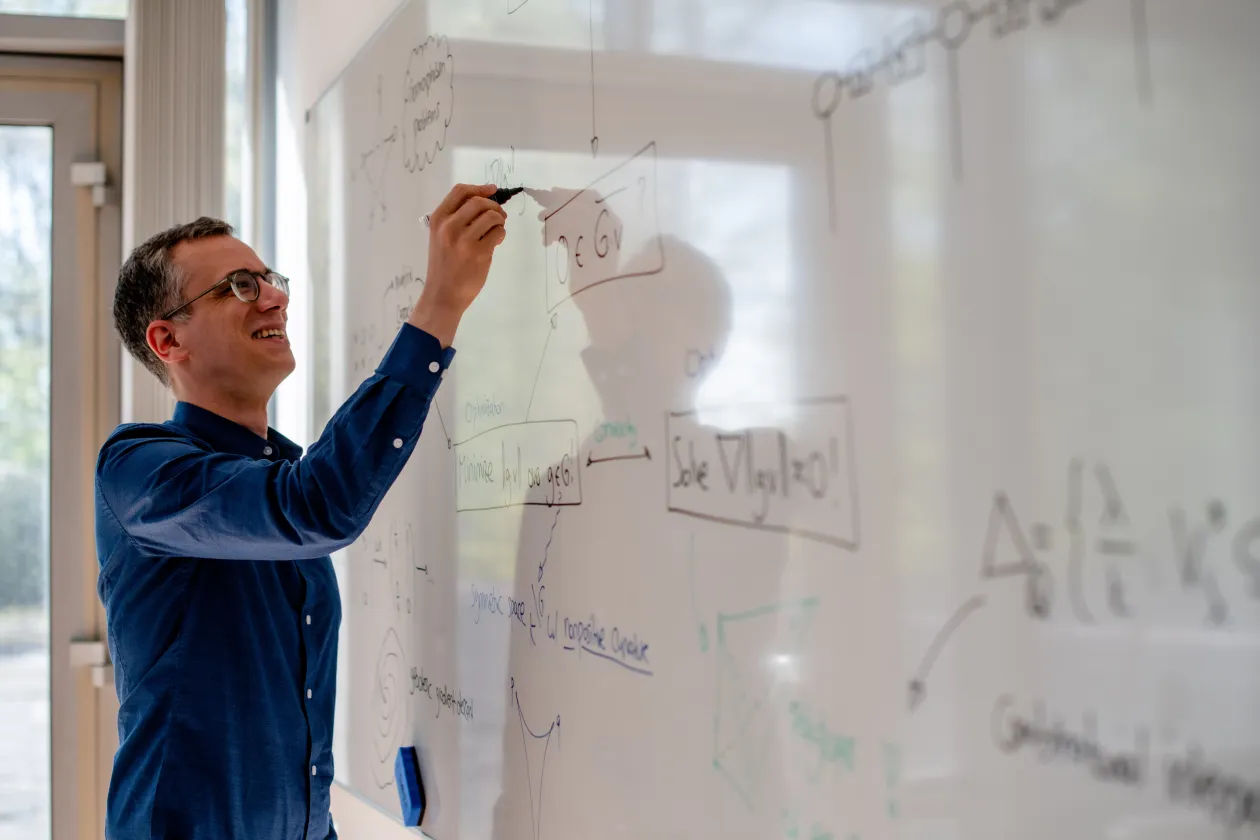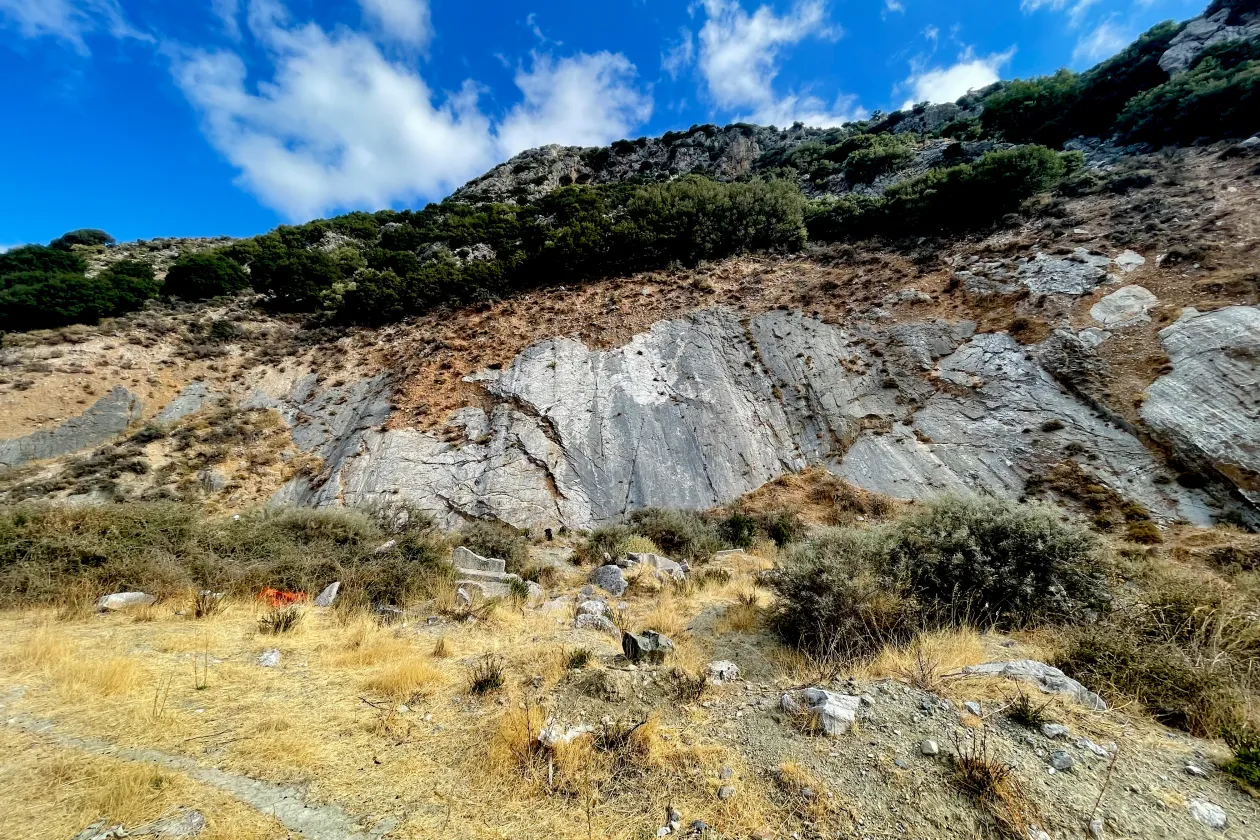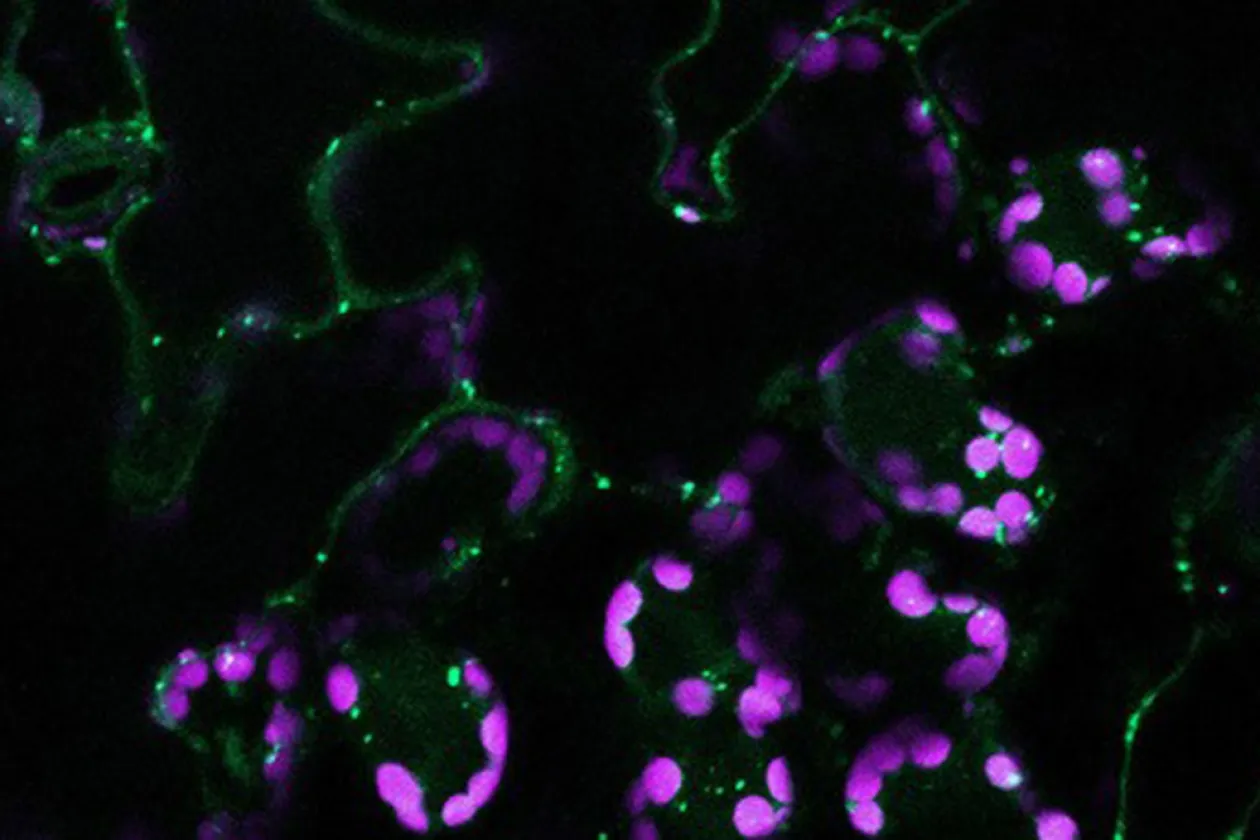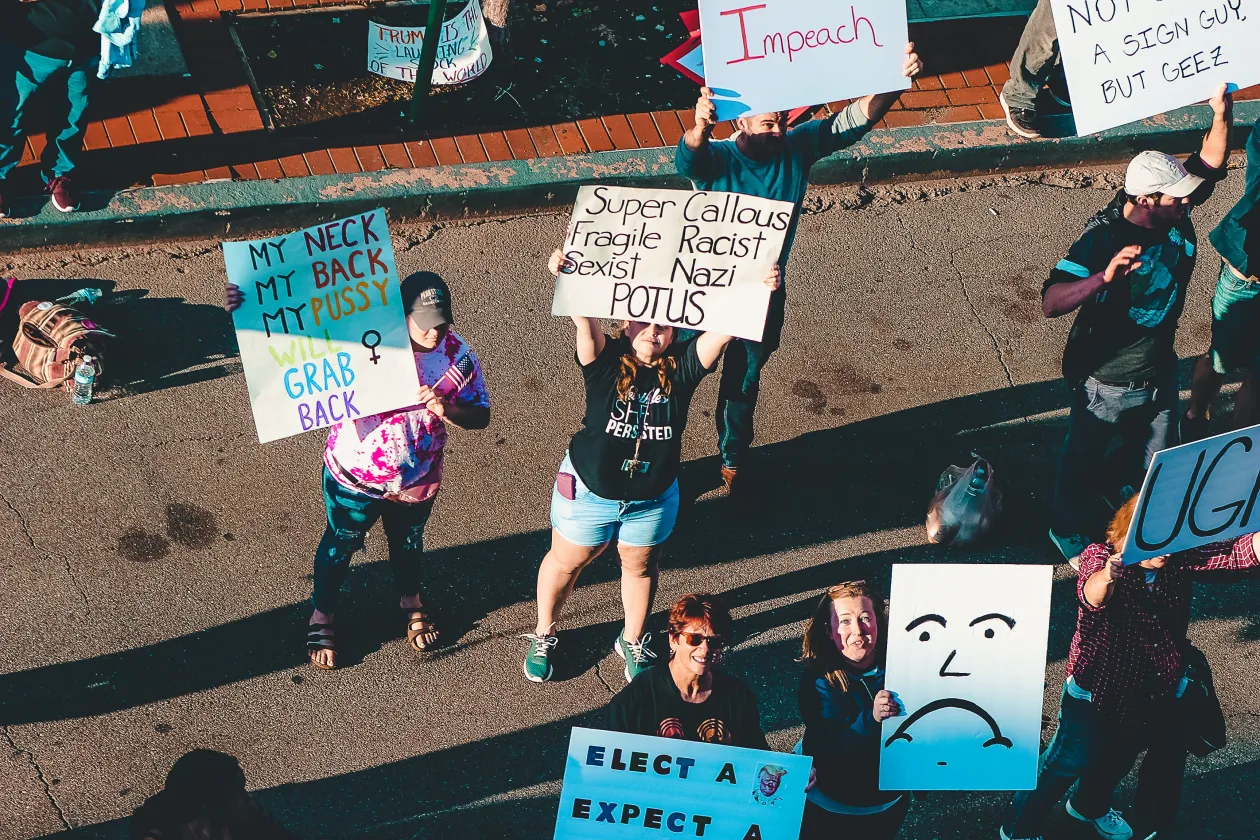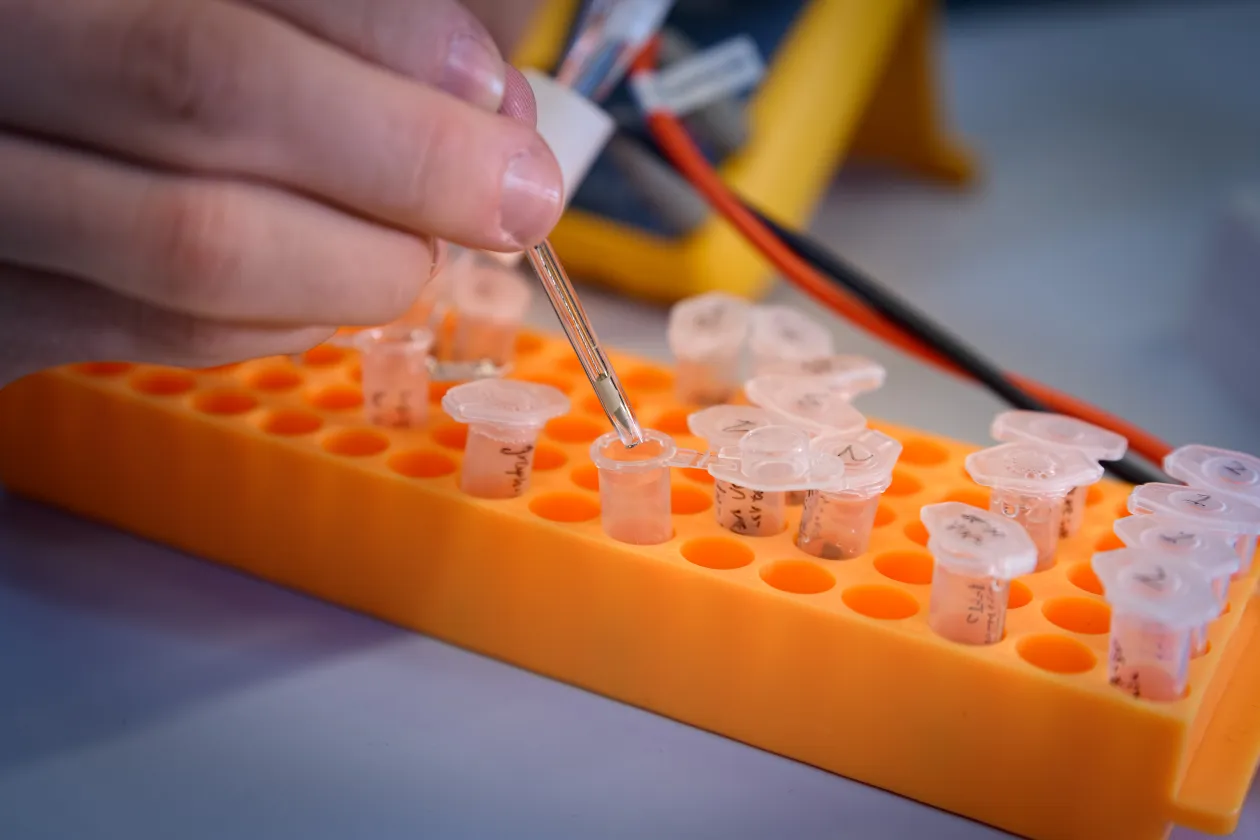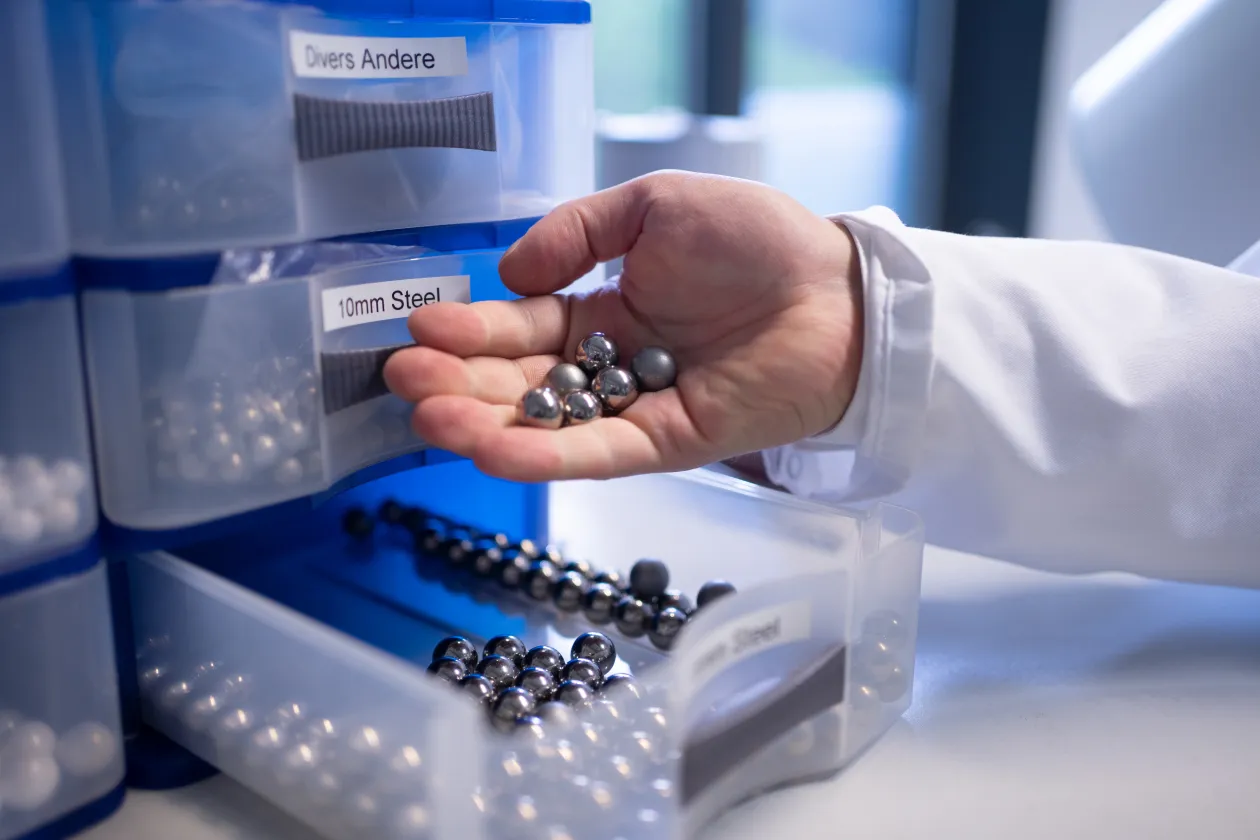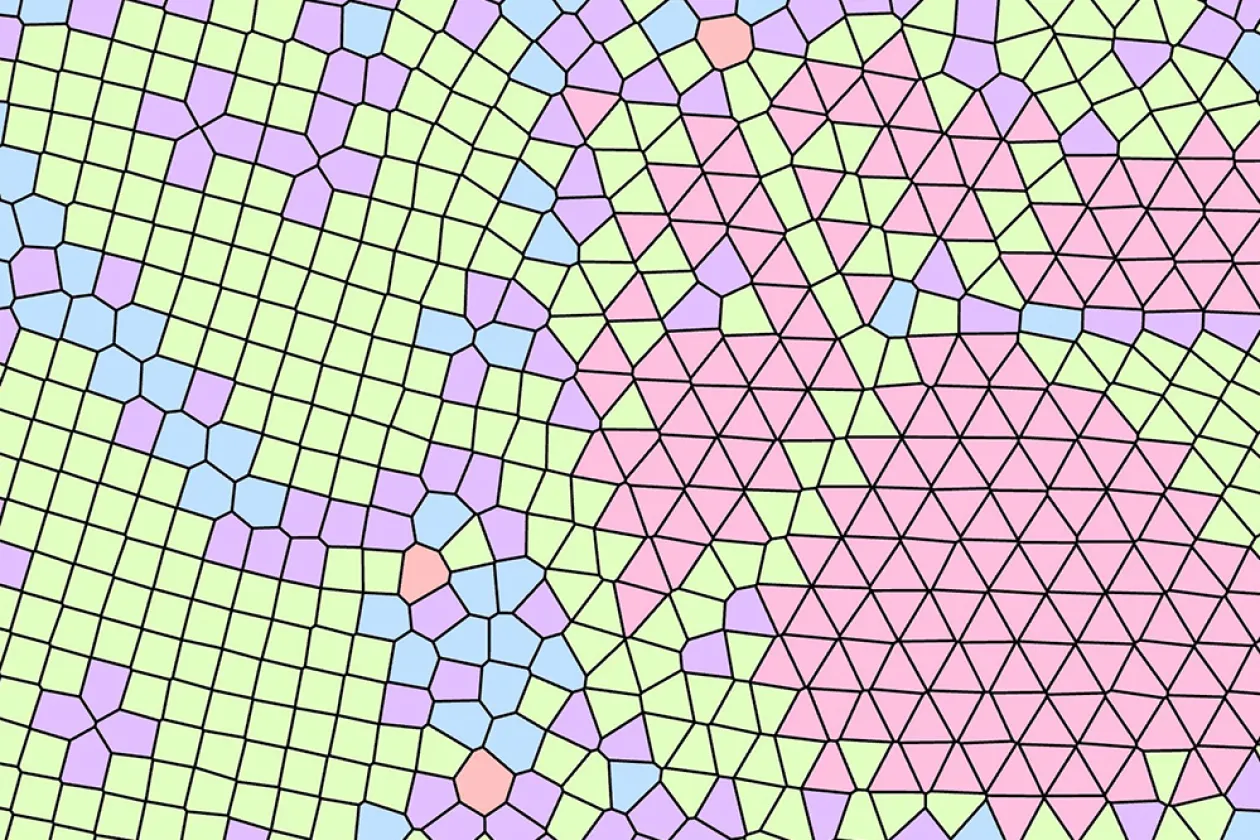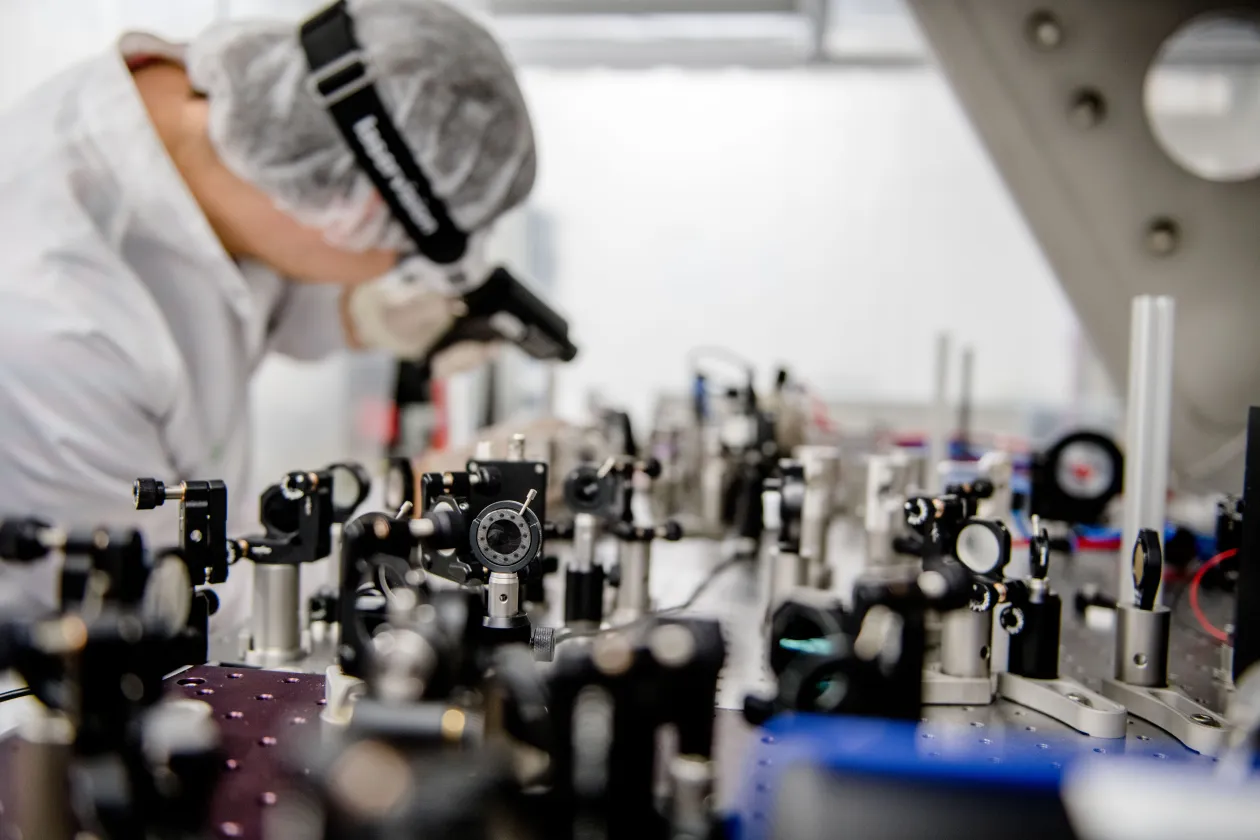-
Prof. Dr. Nicolas Plumeré: „Protection of Redox Catalysts for Cathodic Processes in Redox Matrices" 2016
-
Prof. Dr. Viktoria Däschlein-Gessner: „Tailoring Ylidic Compounds as Ligands for Organometallic Chemistry", 2016
-
Prof. Dr. Elisabeth de Boer: „How and when was Japan settled by speakers of Japanese? Exploring the clues to Japanese prehistory preserved in old dialect divisions", 2016
-
Dr. Rüdiger Arnzen und Dr. Yury Arzhanov (Participation): „Transmission of Classical Scientific and Philosophical Literature from Greek into Syriac and Arabic", 2016
-
Prof. Dr. Stefan Huber; „From Supramolecular Chemistry to Organocatalysis: Fundamental Studies on the Use of Little-Explored Non-Covalent Interactions in Organic Synthesis", 2015
-
Prof. Dr. Thorsten Holz: „Leveraging Binary Analysis to Secure the Internet of thiNgs – BASTION", 2015
-
Prof. Dr. Alexander May (Participation): „Fast and Sound Cryptography: From Theoretical Foundations to Practical Constructions“, 2012
-
Prof. Dr. Evgeny Epelbaum: „Nuclear Physics from Quantum Chromodynamics“, 2011
-
Prof. Dr. Lars Leichert: „Functional Metagenomics – Harnessing the Biotechnological Potential of Completely Novel Protein Families“, 2011
-
Prof. Dr. Anja Mudring: „Exceptional Materials via Ionic Liquids“, 2008
Overview
ERC Starting Grant Projects
With its Starting Grants, the European Research Council supports talented early career researchers who already have an excellent research record.
Previous Starting Grants
ERC Grantees


